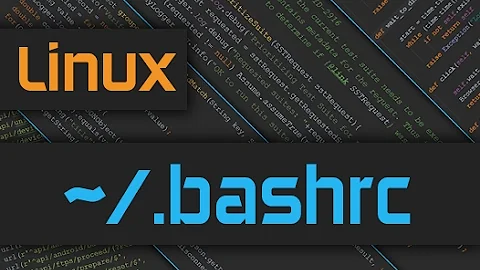How to add a path to system $PATH for all users's non-login shell for debian
Solution 1
On Debian and other systems that use PAM (which is most of them nowadays), you can set environment variables (including PATH) in /etc/environment. This will work for any login method that uses the pam_env module (either in the auth section or in the session section); on Debian that should be all of them (at least the ones that provide ways to log in and run commands).
Solution 2
The default path could be set in /etc/profile like Joe said but also in $HOME/.profile. I also have plenty of packages i compiled on my own (with the common procedure ./configure --prefix=/opt/<name>) installed in /opt. To execute the binaries in /opt/<name>/bin without any additional effort I added
OPTDIR=/opt
for i in $OPTDIR/* ; do
BINDIR=$i/bin
if [ -d $BINDIR ] ; then
if [ -z $PATH ] ; then
PATH=$BINDIR
else
PATH=$BINDIR:$PATH
fi
fi
done
export PATH
to my $HOME/.profile which in your case would be /etc/profile. Now even if i install packages under /opt in the future i don't have to worry about accessing the related binaries in /opt/.*/bin since the path is automatically added to $PATH.
Because the additional software is not necessary stable i prefer $HOME/.profile over /etc/profile.
A small remark: /etc/.profile respectively $HOME/profile is not executed by your default shell but by dash. A lightweight variant of bash which reduces the load during the boot process.
Solution 3
I found the most excellent answer on serverfault by Gilles:
How set PATH for all users in Debian?
The first place where PATH is set is
/etc/login.defs. There's a setting for root and a setting for everyone else.Another place where you can define environment variables is
/etc/environment. These settings will apply to everyone (you can't write arbitrary shell code there).A third place where you can define environment variables is
/etc/profile. There you can write arbitrary shell code. If you want a user-specific setting, there is the corresponding per-user file~www-data/.profile. But this will only apply to console interactive logins; in particular it won't apply to cron jobs unless they explicitly source/etc/profile.If you only need that
PATHsetting in a user crontab, you can write it at the beginning of the crontab. Note that you need the full list (PATH=/usr/local/bin:/usr/bin:/bin:/usr/local/zend/bin), you can't use a variable substitution (PATH=$PATH:/usr/local/zend/binwon't work there).
Related videos on Youtube
Yang Bo
Updated on September 18, 2022Comments
-
Yang Bo over 1 year
After installing some programs in
/opt/xxx/bin, I want to add/opt/xxx/binto system$PATHfor all users's non-login shell. What should I do? -
Yang Bo over 11 years
/etc/profileis not executed by non-login shell. -
Yang Bo over 11 yearsNeither
/etc/profilenor~/.profileis not executed by non-login shell. -
user1146332 over 11 yearsYou are right, my answer is not fully related to your question. I just described what i did to get things running. If you aren't using X my approach does what you want since every non-login shell is a child-process of the login-shell. If you are using X you can source the little script i have posted in the init file of your display manager (in most cases
Xsession). Now every child process of the display manager have the defined$PATHvariable. In the described two cases my approach definitely works and you can access every binaries under/opt/.*/bin.




